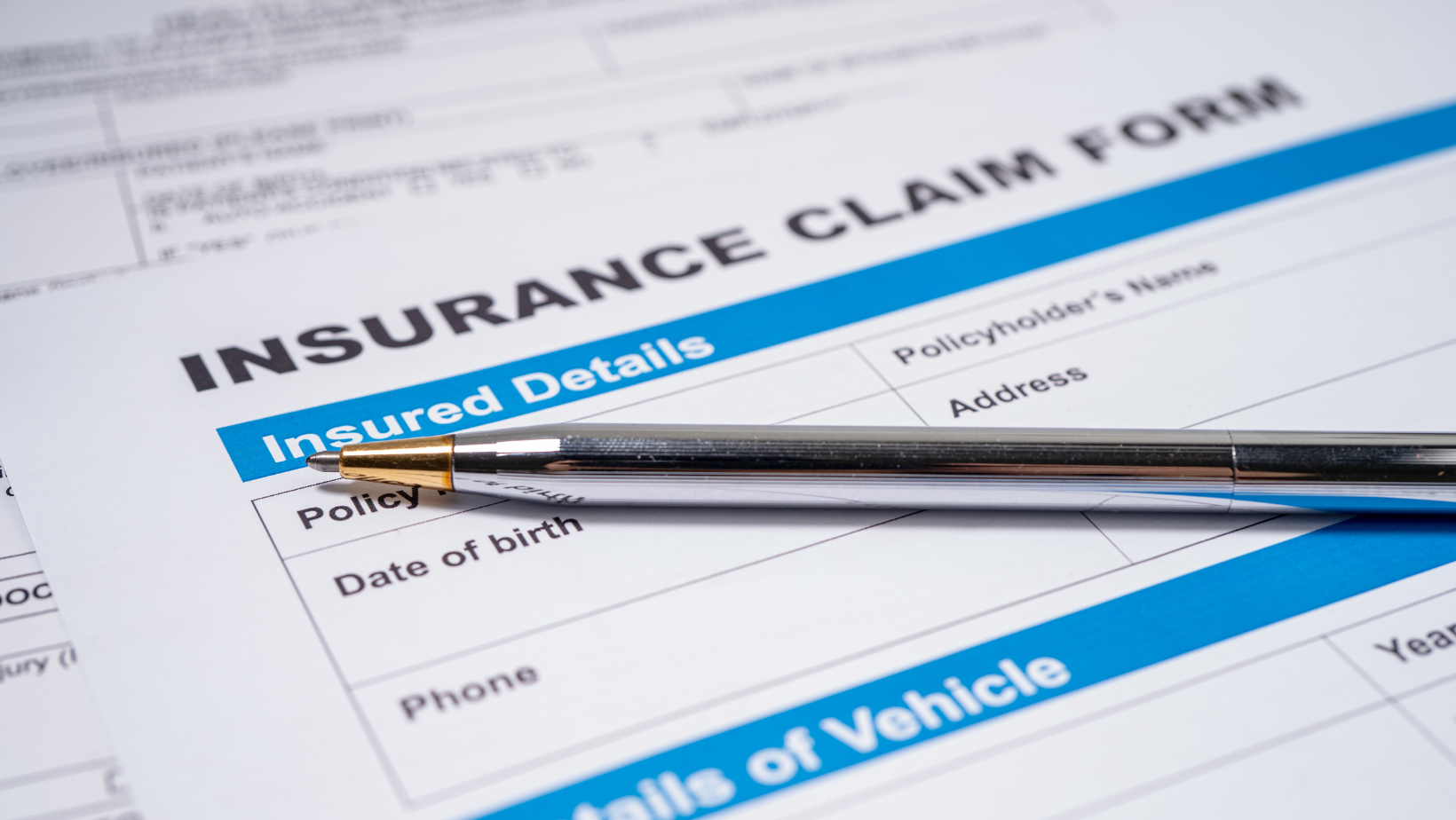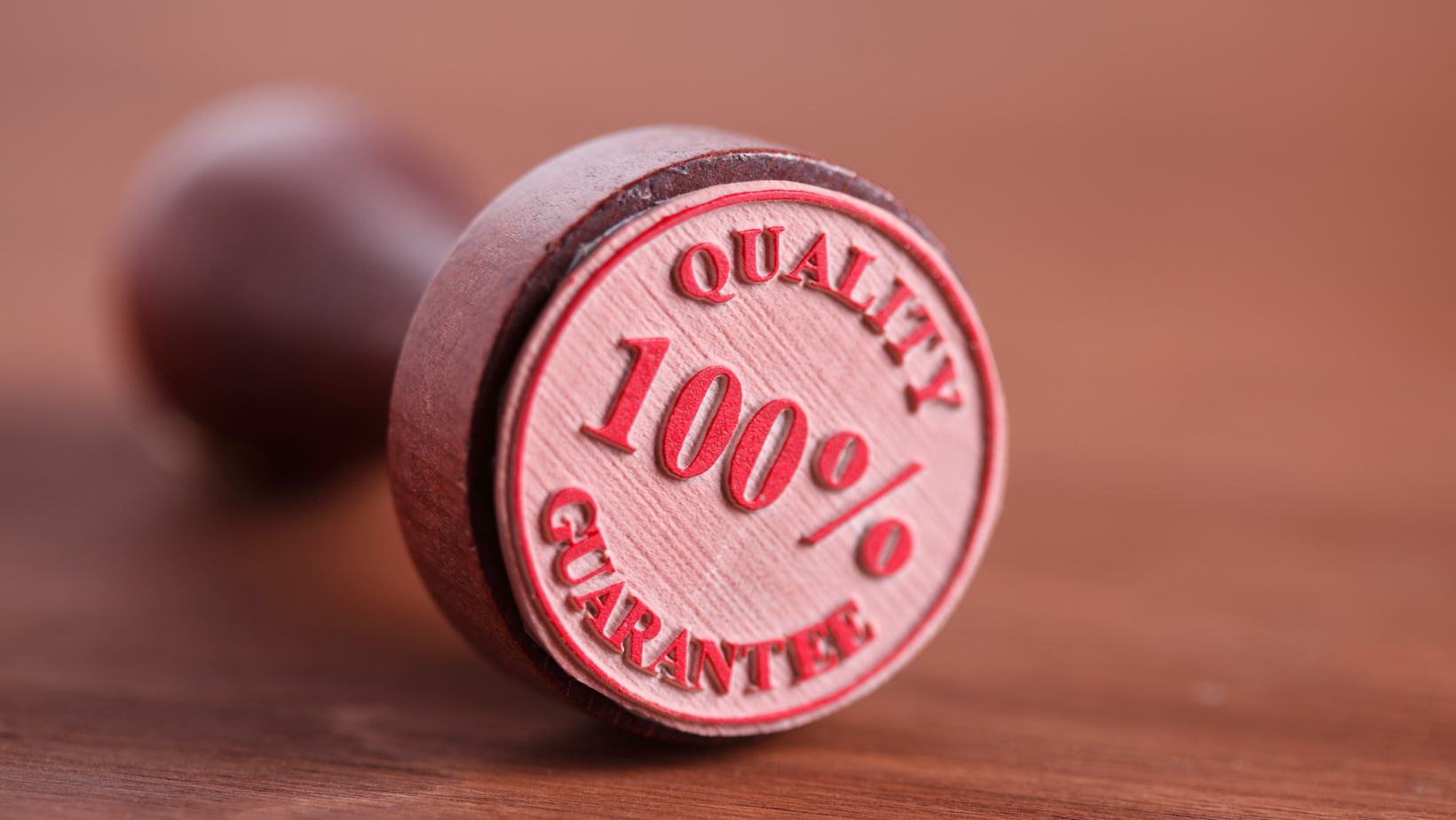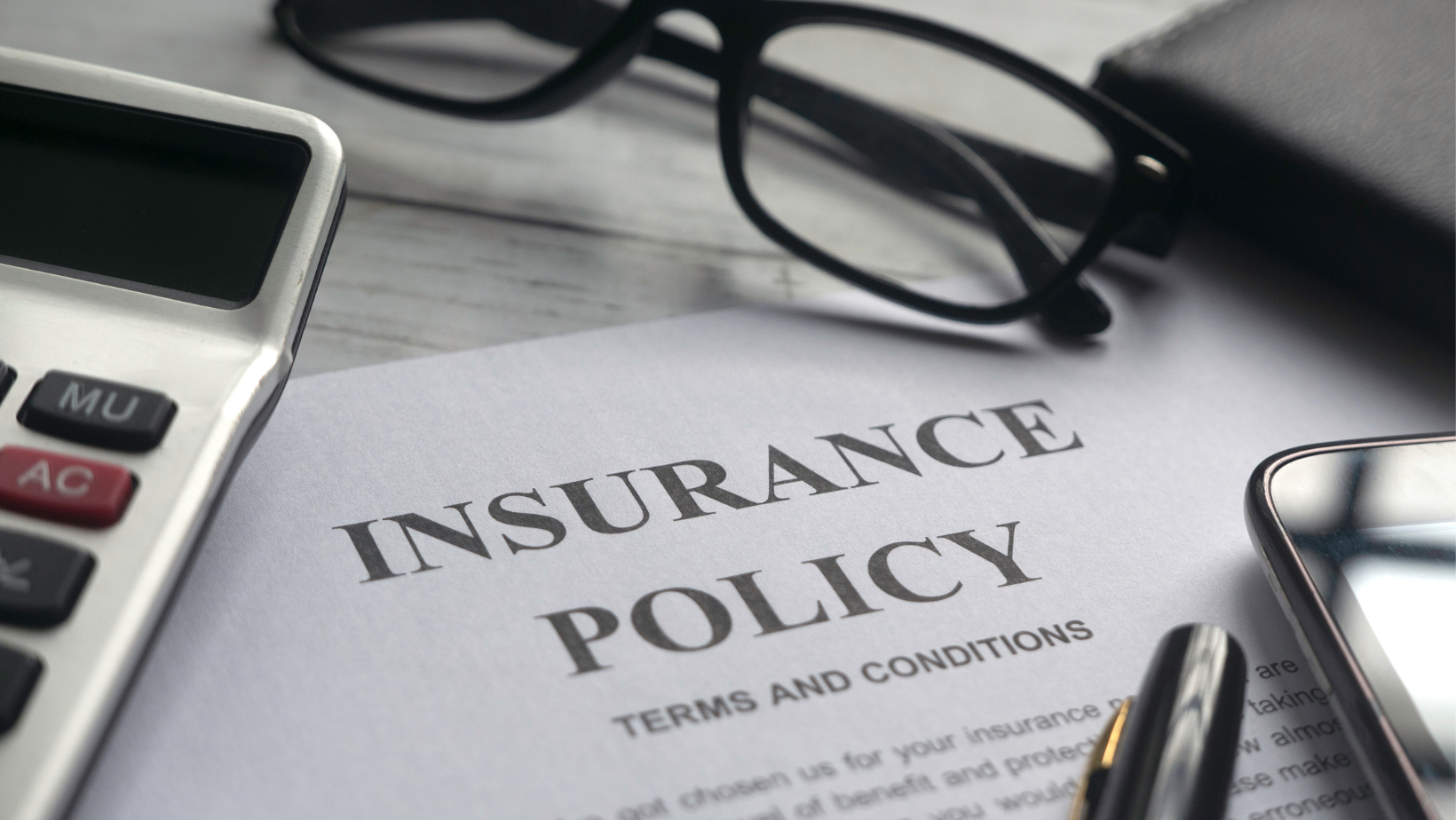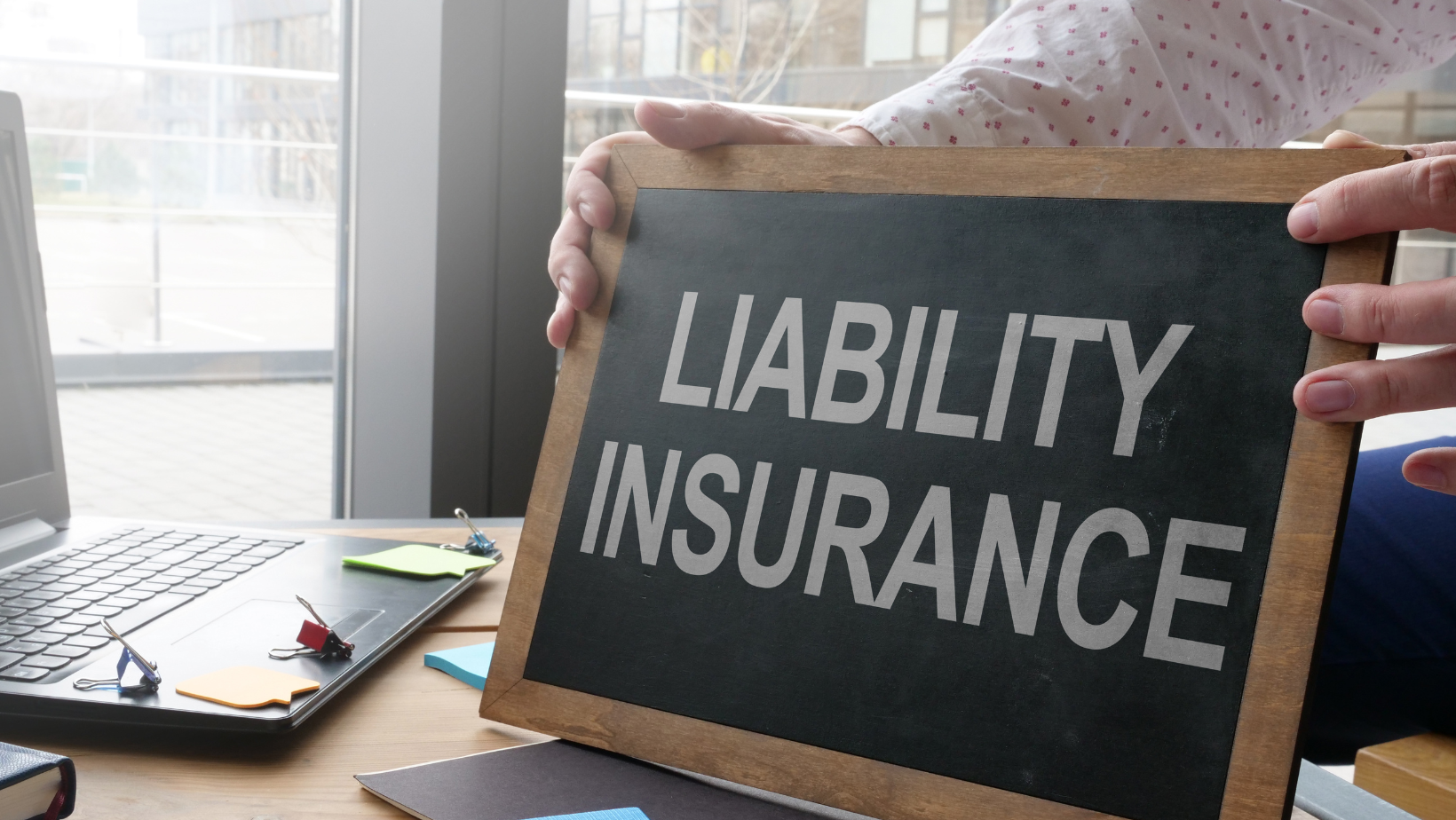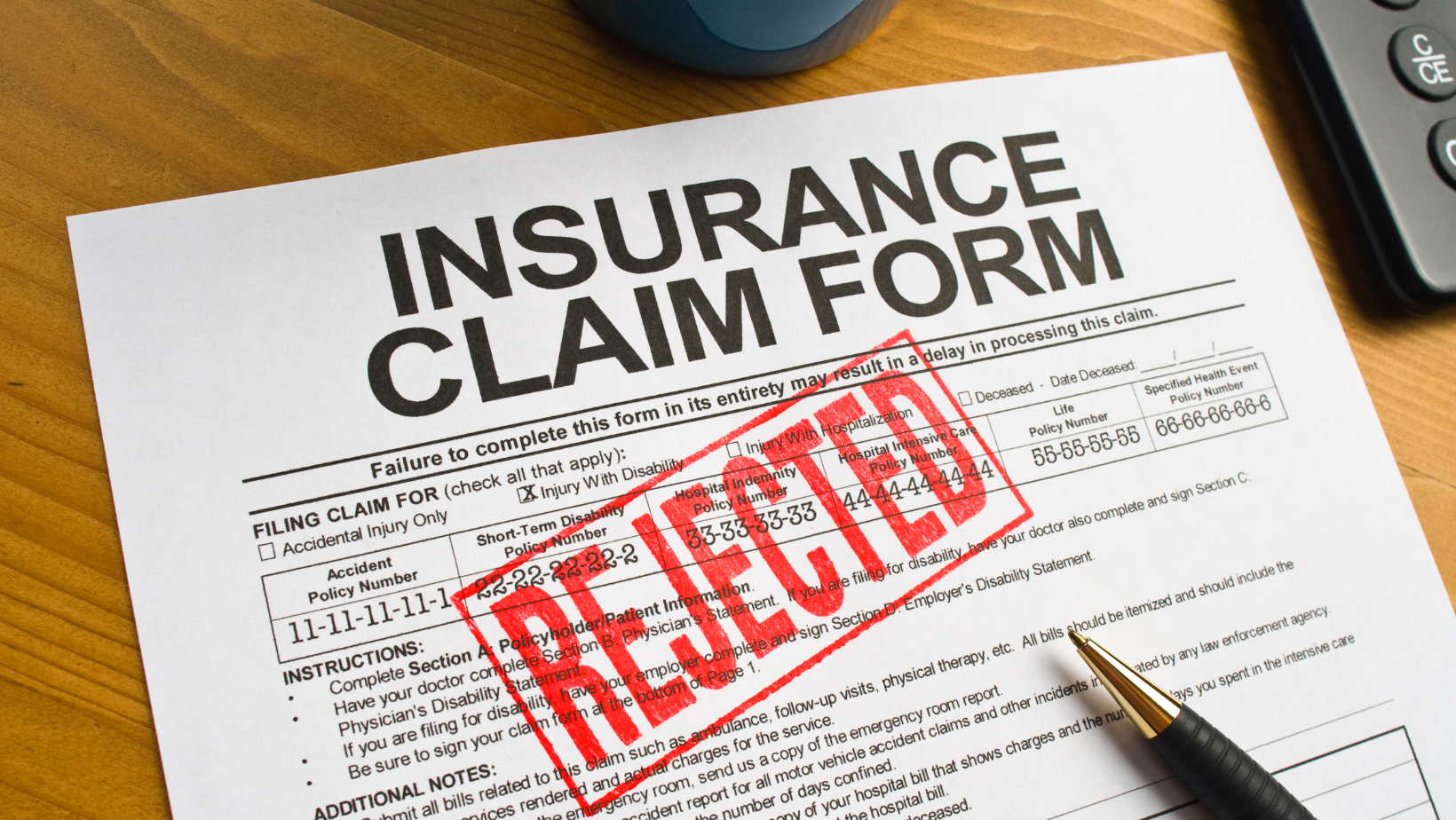
The manufacturing sector, the backbone of any thriving economy, is a labyrinth of challenges and risks. These range from the complexities of supply chains to the unpredictable perils of machinery mishaps and the uncertainties of fluctuating market demands to the daunting possibilities of environmental liabilities. However, the silver lining to this formidable cloud of threats lies in the strategic application of insurance.
This protective shield, often underestimated, serves as a robust bulwark that mitigates the impacts of these risks, enabling your manufacturing business to navigate the turbulent tides of an ever-evolving industry. Manufacturers can enhance their operational efficiencies with comprehensive insurance without worrying about disruptions. Intrigued by the prospect of safeguarding your business against these challenges? Read on to discover the five common risks manufacturers face and explore how insurance can effectively counterbalance.
Why Manufacturers Need Insurance
Manufacturers operate amidst an intricate web of operational intricacies and regulatory stipulations, making them vulnerable to various risks that could derail their business continuity. Insurance works as a proactive solution to this predicament, offering the reassurance of financial indemnification in the face of adverse events. A comprehensive manufacturing liability insurance policy can cover everything from product liability to property damage, workers’ compensation, and even business interruption.
For instance, consider an unexpected fire breaking out in your factory, causing extensive damage to your equipment and halting production. Without insurance, you would face the daunting task of covering repair costs and coping with the loss of income during the downtime. However, with a solid insurance policy, these costs would be handled, helping you get back on your feet quickly.
Five Common Risks Manufacturers Face
With this in mind, let’s explore the five most common risks manufacturers face and how insurance can mitigate them.
1. Supply Chain Disruptions
Supply chain disruptions represent manufacturers’ most prevalent and potentially devastating risks. These disruptions, which could range from a supplier’s bankruptcy to a natural disaster affecting transport routes, can bring your production processes to a sudden halt, stalling your output and affecting your bottom line. For instance, if you source a key product component from a supplier overseas. An unforeseen political instability in the supplier’s country or a global pandemic like COVID-19 could disrupt your access to this component, crippling your production line and leaving you unable to fulfill your orders.
This potential loss of income and the manufacturing insurance costs of finding a new supplier or implementing an alternative production process could be financially devastating. However, with supply chain insurance, your losses can be covered. This form of specialized insurance solutions compensates you for claims history income lost due to interruptions in your supply chain, enabling you to keep your business afloat while you work on a solution. This way, you can ensure the continuity and resilience of your operations, even in the face of unpredictable supply chain disruptions.
2. Machinery Breakdowns
Equipment breakdowns pose a significant risk in the manufacturing sector. When crucial equipment malfunctions, it can disrupt production, necessitate costly repairs, and potentially delay product delivery to customers, impacting customer relationships and business reputation. For instance, a breakdown not only requires immediate repair but also results in downtime while waiting for new equipment, leading to a loss of productivity and negatively affecting your bottom line.
Machinery breakdown insurance, also known as Boiler and Machinery insurance, can cover repairing or replacing broken automated processes and business interruption costs. This policy typically covers accidental physical damage to machinery that causes breakdown. With this insurance, your manufacturing business can quickly recover from equipment failures without a financial crisis.
3. Product Liability
Product liability is a significant risk for manufacturers, as any faults, defects, or safety issues with a product can lead to costly lawsuits, damage to the business’s reputation, and even regulatory penalties. For instance, if a customer suffers an injury or property damage due to a defect in your product, they may sue your business for compensation. The costs of such lawsuits, including legal defense fees and any damages awarded to the plaintiff, could be financially ruinous.
However, product liability business insurance can protect your business in such scenarios. This insurance covers the legal costs of defending against a product liability claim and any compensation you may be required to pay the injured party. This insurance can help ensure your manufacturing business’s longevity and financial stability by mitigating the financial impact of product liability claims.
4. Cybersecurity Threats
With the increasing digitization and automation of manufacturing processes, cybersecurity threats have become a pervasive risk for manufacturers. These threats, which include cyberattacks and data breaches, can compromise sensitive business and customer information, leading to significant financial losses, legal liabilities, and reputational damage. For instance, if your business falls victim to a ransomware attack, you may have to pay a significant sum to regain access to your data. Additionally, if sensitive customer data is compromised, you may face legal consequences and damage to your business’s reputation.
Cybersecurity insurance can help mitigate these risks by covering financial losses from cyberattacks or data breaches. This policy typically covers costs such as forensic investigations, ransom payments, and legal fees related to cyber incidents. Protecting your business against the financial consequences of cybersecurity threats, this manufacturer insurance policy can help safeguard your assets and maintain customer trust in your brand.
5. Business Interruption
Business interruption is another common risk faced by manufacturers. This occurs when unforeseen circumstances such as natural disasters, fires, or even a global pandemic force a halt in your production, causing a significant decrease or total cessation of income. For instance, if a major storm causes significant damage to your factory, you may need to pause production for an extended period of time to carry out repairs.
This downtime can result in significant financial losses, as you’ll have ongoing costs to bear but no product output to generate revenue. Business interruption insurance can be an invaluable tool in such scenarios. This policy covers the loss of income your business suffers after a disaster while your facility is reconstructed or repaired. With business interruption insurance, you can maintain financial stability and recover more quickly from a serious incident that disrupts your business operations.
Types of Manufacturers Insurance Available
In addition to the types of insurance discussed above, there are other policies that can be beneficial for manufacturers. These include the following:
Workers’ Compensation
Workers’ compensation insurance is an essential policy for manufacturers, given the inherent risks of a factory environment. This insurance protects companies from the financial implications of workplace accidents, covering medical expenses and lost wages of employees injured or ill due to their work. It also provides benefits to the families of workers who tragically lost their lives in work-related incidents. For instance, an assembly line worker who suffers serious injuries due to a malfunctioning machine.
Without workers’ compensation insurance, the worker could face overwhelming medical bills and prolonged absence from work, leading to significant financial distress. Simultaneously, the company might encounter substantial legal costs if the employee sued for damages. However, with workers’ compensation insurance in place, the employee’s medical expenses and a portion of their lost wages would be covered, and the company would avoid a potentially costly legal dispute. This policy embodies a valuable safeguard, ensuring that while businesses focus on producing quality products, their employees who contribute to that production are well-protected.
Property Insurance
Property insurance is essential for manufacturing businesses, covering physical assets such as buildings, equipment, and inventory. This policy protects against various risks, including fire, theft, vandalism, and other damage that could disrupt operations and lead to financial losses. For example, property insurance would cover repairing or replacing damaged equipment and structures if a fire breaks out in your factory. Without this coverage, such expenses could be a severe financial strain on your business.
It’s worth noting that property insurance also typically includes coverage for business interruption. If a covered event (e.g., fire) forces you to shut down operations temporarily, your policy will reimburse you for lost business income and ongoing expenses, such as rent or utilities. By protecting your physical assets and potential loss of revenue, property insurance for manufacturers helps ensure the continued operation and financial stability of your manufacturing business.
Commercial General Liability
Commercial general liability insurance is a broad policy that covers third-party bodily injury, property damage, and advertising injury claims. In the manufacturing industry, this type of insurance is particularly crucial because of the potential for accidents and injuries on your premises or due to the use of your products. For example, if a customer slips and falls in your factory or suffers an injury caused by one of your products, CGL insurance would cover legal fees, medical expenses, and other costs associated with the claim.
Additionally, CGL insurance includes product liability coverage, which protects your business against claims arising from a defect in your products that causes harm to the end user. This coverage is especially vital for manufacturers because a single defective product could lead to numerous lawsuits and significant financial losses. By having CGL insurance, you can have peace of mind knowing that your business is protected against liability risks arising from your manufacturing operations and products.
Product Recall Insurance
Product recall insurance covers the costs of recalling a defective or potentially harmful product from the market. This type of insurance is essential for manufacturers, as it can help mitigate the financial repercussions of a product recall. For instance, if your company discovers that one of its products has a safety issue and needs to be recalled, this policy would cover expenses such as notifying customers, retrieving the product, and disposing of it safely. It could also cover any lost revenue resulting from the recall.
Product recalls can be incredibly costly for manufacturers in terms of financial losses and damage to their reputations. With product recall commercial insurance, you can have a safety net that helps protect your business’s financial well-being while you focus on addressing the issue and preventing similar incidents in the future. It also demonstrates to customers that your company takes product safety seriously and is willing to take responsibility for any mistakes or issues that may arise.
Inland Marine Insurance
While the name may be misleading, inland marine insurance is not a type of marine insurance covering transportation on water. Instead, it covers goods and equipment in transit over land or temporarily stored elsewhere. This policy can benefit manufacturers regularly transporting their products to customers or your manufacturing facility.
For example, if company vehicles transporting your products are involved in an accident and the goods are damaged, inland marine insurance would cover repairing or replacing them. Similarly, if you temporarily store machinery at a warehouse and get damaged by fire or theft, this policy would protect you from financial losses. Inland marine insurance can give manufacturers peace of mind, knowing that their property and goods are protected in various situations.
Benefits of Having Adequate Insurance Coverage
Having adequate insurance coverage is crucial for any business, including the manufacturing industry. The benefits of having appropriate insurance policies include:
Financial Protection
Insurance coverage protects manufacturing businesses financially during unexpected events that could lead to significant expenses. For example, if a factory is hit by a natural disaster such as a tornado or earthquake, property insurance would cover the costs of repairing or replacing damaged equipment and structures. This can save the business from facing potentially crippling financial losses and allows them to get back on track with their operations quickly.
Similarly, if a customer sues the company for product liability issues, CGL insurance would cover legal fees and any potential settlement or judgment costs. Having adequate insurance coverage helps businesses avoid financial strain and allows them to focus on growing and expanding their operations.
Risk Management
Insurance is an essential tool for managing risk in the manufacturing industry. Companies can transfer the financial burden of potential risks to an insurance provider by having various insurance policies in place. This helps mitigate the impact of negative events on the business’s operations and reputation.
For instance, recall insurance can help manufacturers manage the risk of a product being recalled due to safety issues. By having this coverage, they can quickly address potential issues and minimize the damage to their brand and reputation. Similarly, property insurance can help mitigate the risk of damage to physical assets, while CGL insurance protects against liability risks.
Peace of Mind
Having adequate insurance coverage can give manufacturers peace of mind, knowing that their business and assets are protected in case of unexpected events. This allows them to focus on running and growing their operations without worrying about potential risks or financial losses.
Insurance coverage also reassures customers and stakeholders that the company is prepared for any potential issues and has a plan to mitigate them. This can enhance the business’s credibility and trustworthiness, increasing customer loyalty and potential for growth.
What to Avoid As You Choose Your Insurance Policies
When selecting the appropriate insurance policies for your manufacturing business, there are a few things to avoid. Some of these include ten of the following:
- Focusing solely on manufacturing insurance cost: While it’s essential to consider your budget, do not make the mistake of choosing the cheapest insurance policies without carefully examining their coverage limits and exclusions. Ensuring adequate coverage for potential risks specific to your business is crucial.
- Not reviewing your policies regularly: As your manufacturing business evolves, so should your insurance coverage. It’s essential to review your policies annually and make necessary adjustments.
- Overlooking exclusions: Every insurance policy has exclusions, specific situations, or events that the policy does not cover. Reading and understanding these exclusions is crucial to avoid any surprises when filing a claim.
- Not considering a business owner’s policy (BOP): A BOP combines property and liability insurance into one policy, typically at a lower cost than purchasing each type of coverage separately. It can be an excellent choice for small to medium-sized manufacturing businesses.
- Skipping cyber liability insurance: In today’s digital age, manufacturing companies are vulnerable to cyber attacks, which could result in significant financial losses. Cyber liability insurance can help cover expenses related to data breaches, cyber extortion, and other cyber threats.
Conclusion
Securing the right insurance coverage is not just a good business practice but an essential one. The manufacturing sector holds its unique set of risks and challenges, and insurance policies serve as a strategic risk management tool, offering protection against unforeseen situations that could disrupt operations and lead to financial losses. From property and liability insurance to product recall and cyber liability coverage, these policies provide a safety net, allowing manufacturers to focus on their core activities. Choosing wisely, regularly reviewing, and adjusting your policies is essential to ensure the coverage remains relevant and adequate for your business.

